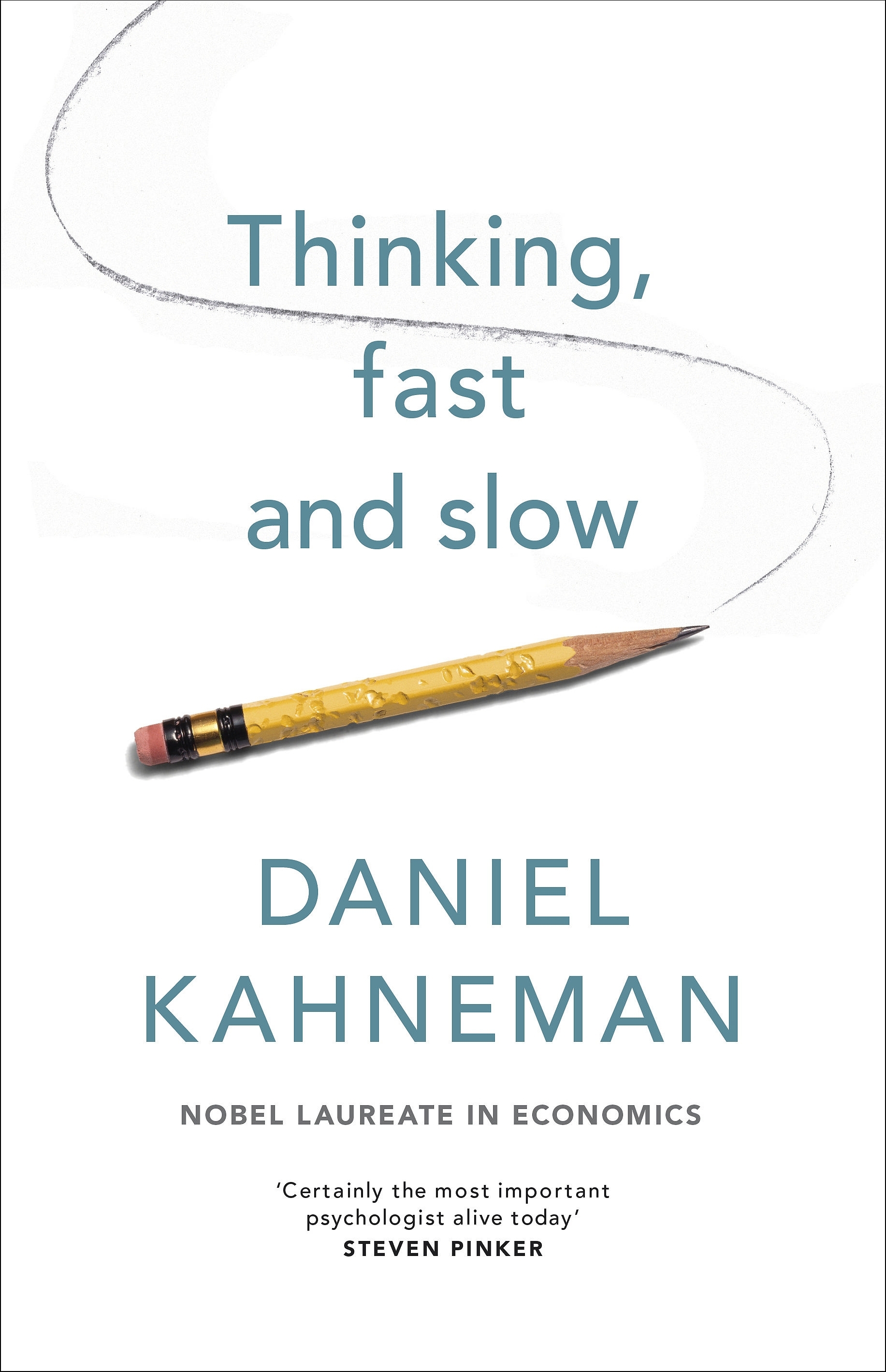In my last post I began my review of Robert Frank’s ‘The Darwin Economy’, by outlining how
Adam Smith viewed the strivings of people to better their condition as being
motivated to a large extent by concerns about their relative position in
society. I suggested that if there are negative externalities associated with
strivings to improve relative position, these should be balanced against the
positive externalities relating to technological progress identified by Smith.
The negative
externalities that Robert Frank is most concerned about arise when people forgo
something that they value (e.g. leisure or workplace safety) in order to engage
in competition for positional goods. The basic idea is that while this
competition makes sense from the perspective of each individual, it is socially
wasteful because individuals are forgoing something they value in order to
compete for positional goods.
There is an
important definitional issue, which I will come to later, about whether the
supply of positional goods is fixed. Let us assume initially, however, that
there is only one positional good which is fixed in supply – housing land with
views – and that humans have such a strong urge to obtain a house with a good
view that, once their subsistence needs have been satisfied, all their efforts go
into obtaining better views. If we now make the additional assumption that the
government has to raise a certain amount of revenue to fund provision of public
goods (e.g. defence, law enforcement) I think it would probably be reasonable
to suppose that a tax on income above a certain level, which causes people to
substitute leisure for income, would be an efficient tax to use in such
circumstances. (This runs counter to my prior view which would have been in
favour of a tax, or combination of taxes, with a neutral impact on
income-leisure choices.)
Now, let us
add some complications relating to the real world. Account should be taken of the fact
that different people have different preferences and tastes. Some people are
particularly interested in houses with views, some like to live near water, some
are interested in living near good educational facilities and some like to live
near their work. Then, there are the people who prefer to spend additional income
on goods other than housing.
House sites
in good locations are not the only good for which there is a relatively high
income elasticity of demand. In the case of most high income elasticity goods,
however, an increase in demand tends to result in a supply response and a
reduction in price. Moreover, many studies suggest that there is a relatively
high income elasticity of demand for leisure. Such considerations suggest to me
that potential economic losses associated with competition for positional goods
are likely to be quite small.
At this point
I should introduce the further complication relating to the definition of positional
goods. Frank adopts Fred Hirsch’s definition of positional goods ‘as ones whose
evaluations are particularly sensitive to context’. House sites with views
would be considered to be strongly sensitive to context if people would generally
prefer to live in a location where they have better views than their neighbours,
than to live in a location where the views are generally much better, but their
neighbours have better views than they have.
On the basis
of thought experiments he has asked students to undertake, Frank suggests that
size of house is strongly sensitive to context, whereas workplace safety and
time spent on vacation are not strongly sensitive to context. Frank argues that
positional concerns are stronger for luxury goods than for necessities. He
suggests that since ‘luxury is an inherently context-dependent phenomenon, it’s
uncontroversial to say that the last dollars spent by those who spend most are
most likely to be spent on luxuries’. This reasoning leads him to argue in
favour of a steeply progressive consumption tax to replace personal income tax.
In the end,
it seems to me that the view Frank is presenting boils down to an assertion
that those fortunate (or silly) enough to have high levels of consumption spending impose
an externality on the rest of the community who feel that their relative
standing is diminished unless they make the sacrifices required to emulate this
behaviour. The main problem I have with this this line of reasoning is that people
can choose not to get involved in such emulation games, and many people have
made such choices.
Furthermore,
I don’t think relative income or consumption levels are nearly as important to
life satisfaction as people might suggest in their responses to thought
experiments. A rough calculation I reported on this blog a few years ago suggests
that the probability of a poor person in a rich country being satisfied with
life is about 60 percent higher than for a rich person in a poor country.
International
migration patterns are also inconsistent with the view that relative position
is of huge importance. Many people seem to be willing to migrate from poor
countries, where they are relatively wealthy, to wealthy countries, where they
are relatively poor, in order to give better opportunities to their children.
My bottom
line is that while I think there may be a grain of truth in the idea that
competition for some positional goods (goods which are fixed in supply) is
wasteful, Robert Frank has not succeeded in establishing a case on efficiency
grounds for a steeply progressive consumption tax.


